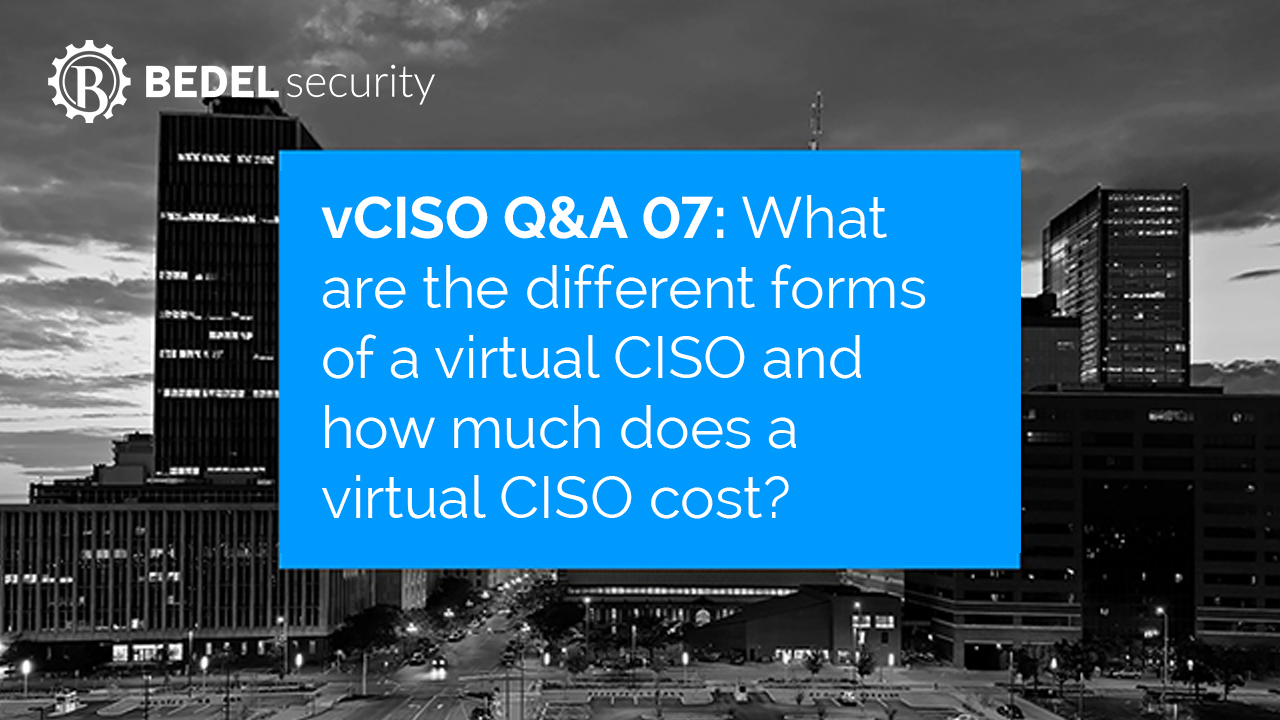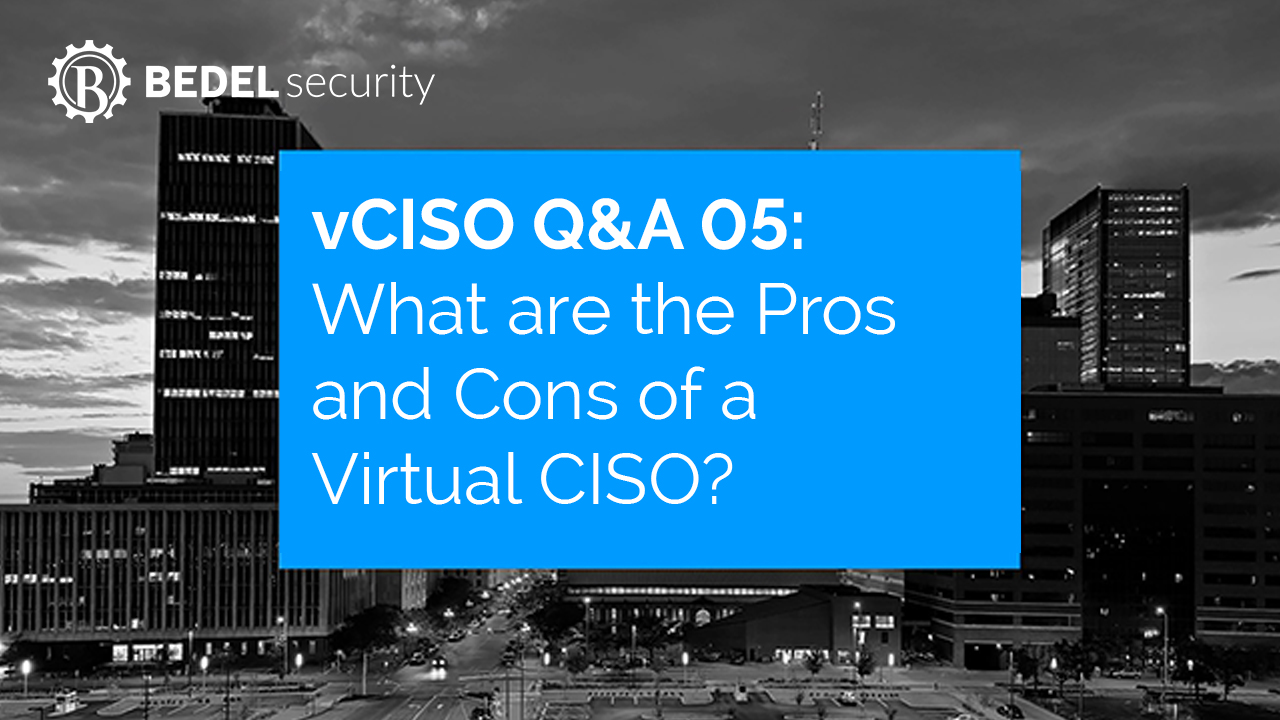vCISO Questions and Answers 07: What are the different forms of a virtual CISO and how much does a virtual CISO cost?
{% video_player "embed_player" overrideable=False, type='scriptV4', hide_playlist=True, viral_sharing=False, embed_button=False, autoplay=False,...




